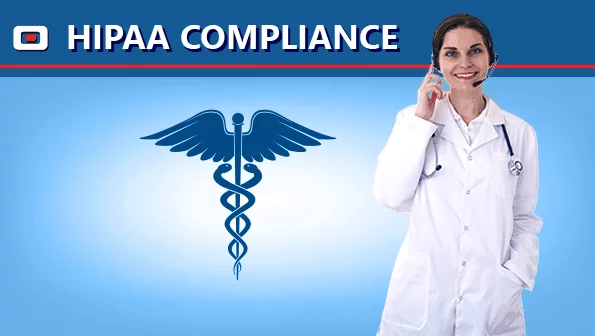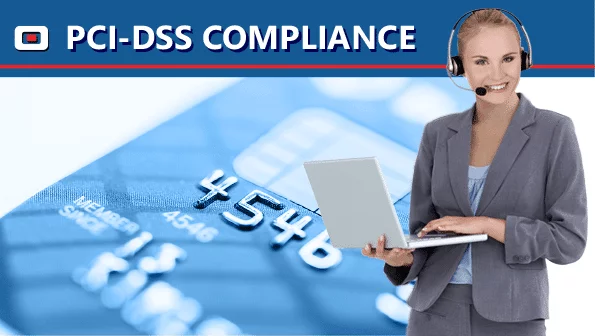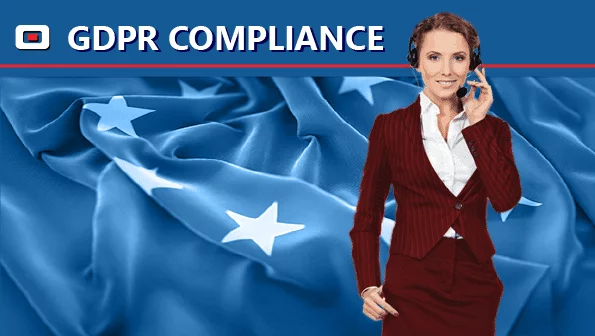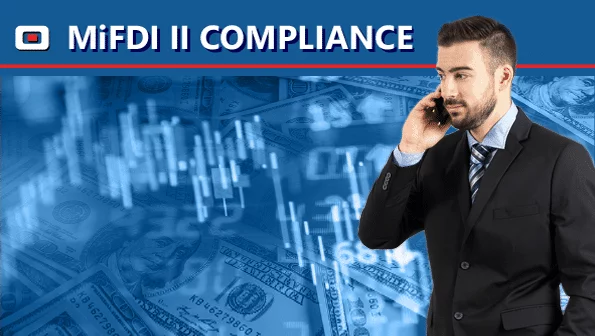Requires firms to periodically monitor the records (including recordings) of transactions and orders, “…appropriate to the nature, size and complexity of its business. The monitoring should at least aim to ensure the records are readily accessible and accurately reconstruct the audit trail of a transaction.”
Financial firms are required to maintain recordings for five years and up to seven if requested by the authority.
Certain electronic communications also fall within the scope of MiFID II and must be recorded and stored, including video conferencing, fax, email, SMS, chat, instant messaging and mobile device applications. RECITE Recording for Skype for Business can help you comply with these stipulations. Click here for a free 20 day trial of Skype for Business Recording.
The Markets in Financial Instruments Directive (MiFID II) seeks to increase the transparency of financial markets in Europe, and therefore, the ruling stipulates which types of financial interactions must be recorded and for how long.
Here are some of the types of interactions that must be recorded and stored:
- Dispute resolution evidence
- Internal-transaction related
- Reception, transmission & execution of client orders





